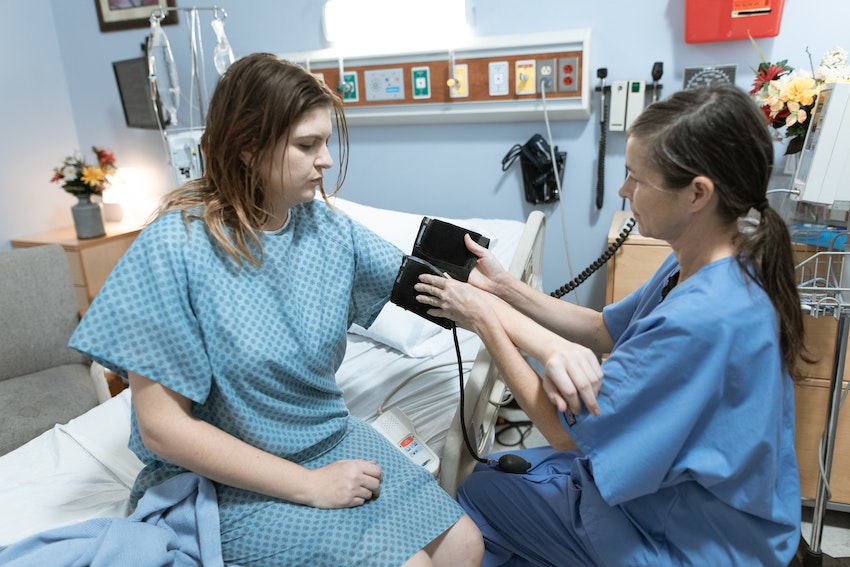When someone becomes physically dependent on a drug—whether it be a prescription drug, an opioid, marijuana, alcohol, or club drugs—reducing consumption of that substance or quitting it altogether can cause uncomfortable or medically significant adverse effects. These effects are called withdrawal. At times, withdrawal effects can be so painful or shocking that a person needs medical or psychological monitoring. While withdrawal is often distressing, it is a necessary precursor to long-term addiction recovery.
Common withdrawal symptoms generally include:
- Feelings of depression and/or anxiety
- Moderate to intense nausea and/or vomiting
- Restlessness and/or confusion
- Nightmares, night terrors, or hallucinations
- Tonic seizures, characterized by sudden tightness and stiffness in the limbs
- Clonic seizures, which typically include repeated jerking movements
The type, severity, and length of withdrawal symptoms depends almost entirely on the substance in question and the length of time and degree to which it is abused. Generally, the longer the substance has been abused, the worse the symptoms will be. Withdrawal can last from a few days to a few weeks, and sometimes people experience post-acute withdrawal symptoms off and on for a year or more. These are usually psychological in nature and can include things like depression, anxiety, sleep disturbances, and strong cravings for the substance.
Unfortunately, fear of withdrawal symptoms can keep people from entering detox and addiction treatment. But if someone is under medical supervision at an accredited addiction treatment facility, there is little to fear. In a professional detox situation like we offer at St. Gregory, a qualified medical and psychiatric staff provide around-the-clock care, comfort, and support.
Are Detox Services Required to Enter Treatment?
Not all substance abuse disorders require supervised detox. Medically speaking, withdrawal doesn’t occur unless a person is physically dependent on a substance. If someone is new to substance use and hasn’t yet developed a heavy dependence, they may not need a professional detox. They may be able to handle any mild withdrawal symptoms on their own with rest, a healthy diet, and emotional support.
However, in most cases involving alcohol, heroin, or prescription drugs, a more intense detox is likely unavoidable. In the event that it is, understand that millions of people have been able to get through it and regain control of their lives.
Which Drugs Trigger More Severe Withdrawal Symptoms?
When withdrawing from alcohol, Xanax, Valium, Klonopin, other benzodiazepines, opioids, and powerful hypnotic sedatives, you can expect the following severe withdrawal reactions:
- Delirium tremens (DTs), which can potentially be lethal
- Shaking, chills, or body tremors
- Excessive sweating
- Excessive pain in the stomach, bones, joints, or body generally
- High blood pressure and/or high, irregular heart beat
- Insomnia, extreme weight loss, or sustained (but temporary) appetite loss
All of these symptoms can be daunting, but they can be alleviated with proper treatment in a professional healthcare setting. If you’re curious to know which drugs will most likely trigger which types of symptoms and to what degree during withdrawal, check out our Detox Services page, where we explain which substances typically require detox and provide information about the latest and safest drugs used during detox treatment.
Contact St. Gregory’s to Learn More About Your Safe Substance Withdrawal
At St. Gregory’s detox unit, our main priority is a comfortable transition through withdrawal, and we believe that emotional and spiritual comfort are just as important as physical care during this time. We also encourage our clients to understand that detox is not recovery. It’s just the beginning of a lifelong commitment to living in a way that nurtures physical, mental, and spiritual health. Detox is typically followed by long-term treatment in residential care, followed by aftercare services. Don’t hesitate to contact our Iowa team today with any questions or concerns you may have regarding our program.











